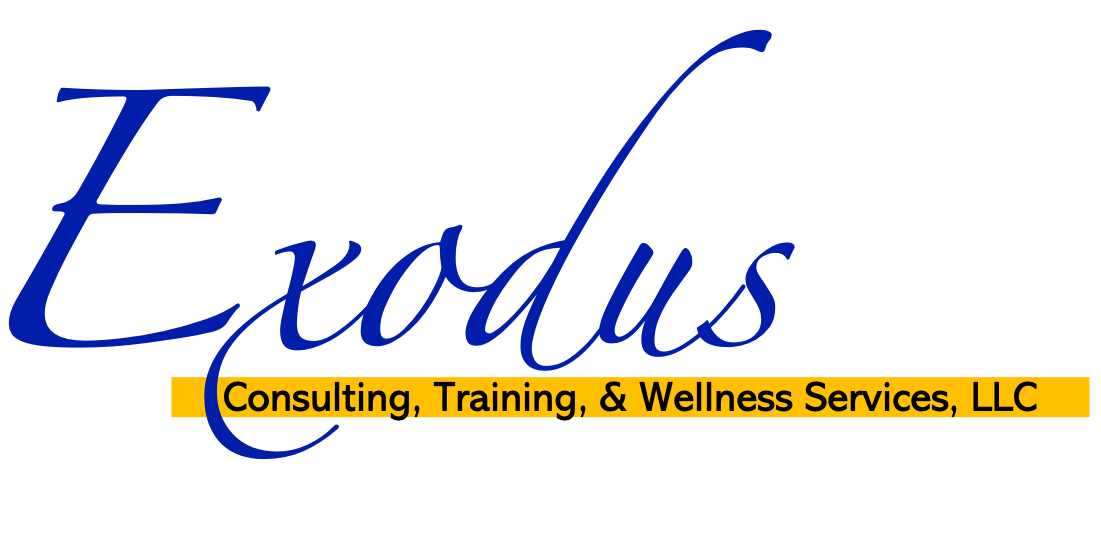Anger Management Facilitator Training
Starting At $175
Credit/Refund: Tuition is refundable minus a $75.00 cancellation if it is submitted within 30 days prior to scheduled training date.
About Anger Management Facilitator Training
Anger Management is an evidenced-based cognitive behavioral therapy program for individuals with substance use disorders and mental health disorders. It is authored by Patrick M. Reilly, Ph.D., and Michael S. Shopshire, Ph.D., of the San Francisco Treatment Research Center.
Substance use and abuse often coexist with anger and violence. Data from the Substance Abuse and Mental Health Services Administration’s National Household Survey on Drug Abuse, for example, indicated that 40 percent of frequent cocaine users reported engaging in some form of violent behavior. Anger and violence often can have a causal role in the initiation of drug and alcohol use and can also be a consequence associated with substance abuse. To provide clinicians with tools to help deal with this important issue, the Center for Substance Abuse Treatment of the Substance Abuse and Mental Health Services Administration is pleased to present Anger Management for Substance Abuse and Mental Health Clients: A Cognitive Behavioral Therapy Manual and its companion book Anger Management for Substance Abuse and Mental Health Clients: Participant Workbook. The anger management treatment design in this manual, which has been delivered to hundreds of clients over the past 8 years, has been popular with both clinicians and clients. This treatment design can be used in a variety of clinical settings and will be beneficial to the field. (Charles G. Curie, M.A., A.C.S.W. Administrator Substance Abuse and Mental Health Services Administration; H. Westley Clark, M.D., J.D., M.P.H., CAS, FASAM Director Center for Substance Abuse Treatment Washington, D.C)
Four types of CBT interventions, theoretically unified by principles of social learning theory, are most often used when treating anger disorders: The treatment model described in this training and program is a combined CBT approach that employs relaxation, cognitive, and communication skills interventions. Anger Management is a 12-week cognitive-behavioral anger management group treatment program. It’s designed for individuals to learn to manage anger, stop violence or the threat of violence. An additional goal is to develop and strengthen skills for self-control over thoughts and actions and receive support and feedback from others.
Anger Management Initial Facilitator Training is a one (1) day training designed for virtual and on-site learning. It is designed for justice-involved offenders and all individuals who have anger and substance use issues.
Learning Objectives
Upon completion of the Anger Management Facilitator Training course, attendees will be able to:
Explain and discuss history of Anger Management program
Identify target population and selection for enrollment
Demonstrate understanding through role play
Understand proper program delivery
FACILITATOR CHARACTERSITICS
Have above average verbal skills
Ability to relate positively and empathetically to offenders while maintaining a professional relationship that does not compromise rules and regulations
Sensitivity to group dynamics and the ability to stimulate groups and promote interest and high activity levels, while maintaining adequate discipline
Ability to challenge offenders without demeaning them
Believe people, including criminal offenders, can change
Has an understanding of cognitive behavioral interventions
Ability to model above-average interpersonal skills including:
- Empathy
- Effective problem-solving skills
- Utilize motivational interviewing skills promoting the spirit of MI
- Well-developed values with being culturally aware
- Understand the concepts of trauma-informed care
- Rational and logical reasoning
- Open to new ideas
- Experience in managing groups of poorly motivated individuals may be passively or aggressively hostile or critical
- Willingness to consider views that may not be consistent with their own
- Desire to deliver the program
Let Us Lend a Helping Hand

